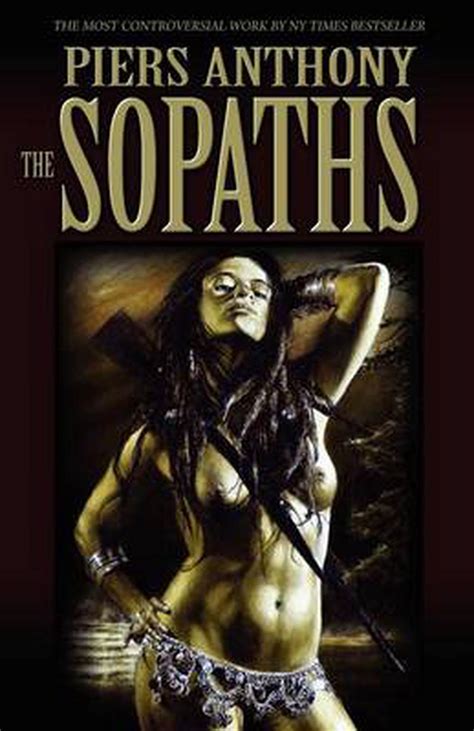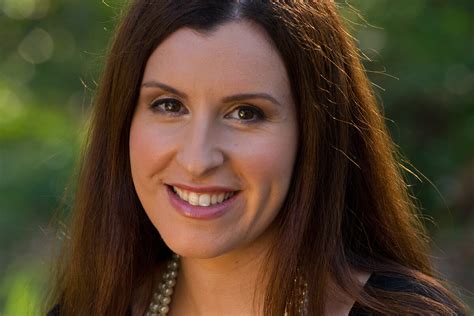A Quote by Roger Zelazny
I read Herman Hesse's 'Siddhartha' while I was writing 'Lord of Light' along with many other things. It seemed a good time to read it so I could see what he had to say about Buddha. In my first chapter, I was thinking in terms of the big battle scene in the 'Mahabarata.' It helped me in visualizing the battle in my novel.
Related Quotes
What I do usually is read the book first, for pleasure, to see if my brain starts connecting with it, as a movie. And then, if I say yes, I read it again, only this time I take a pen and, inside the book, I say, "Okay, this is a scene. I don't need this. I'm going to try this. I'm not going to take this." And then, I use that book like a bible and each chapter heading, I write a menu of what's in that chapter, in case I ever need to reference it. And then, I start to outline and write it. I get in there and it starts to evolve, based on having re-read it again.
Cut like crazy. Less is more. I've often read manuscripts - including my own - where I've got to the beginning of, say, chapter two and have thought: “This is where the novel should actually start.” A huge amount of information about character and backstory can be conveyed through small detail. The emotional attachment you feel to a scene or a chapter will fade as you move on to other stories. Be business-like about it.
I read everything. I'll read a John Grisham novel, I'll sit and read a whole book of poems by Maya Angelou, or I'll just read some Mary Oliver - this is a book that was given to me for Christmas. No particular genre. And I read in French, and I read in German, and I read in English. I love to see how other people use language.
I never need to find time to read. When people say to me, ‘Oh, yeah, I love reading. I would love to read, but I just don’t have time,’ I’m thinking, ‘How can you not have time?’ I read when I’m drying my hair. I read in the bath. I read when I’m sitting in the bathroom. Pretty much anywhere I can do the job one-handed, I read.
My final words of advice to you are educate, agitate and organize; have faith in yourself. With justice on our side I do not see how we can loose our battle. The battle to me is a matter of joy. The battle is in the fullest sense spiritual. There is nothing material or social in it. For ours is a battle not for wealth or for power. It is battle for freedom. It is the battle of reclamation of human personality.
have a much harder time writing stories than novels. I need the expansiveness of a novel and the propulsive energy it provides. When I think about scene - and when I teach scene writing - I'm thinking about questions. What questions are raised by a scene? What questions are answered? What questions persist from scene to scene to scene?
After I quit being a lawyer in '95, I was having a lot of trouble writing. Then I read somewhere that Willa Cather read a chapter of the Bible every day before she started work. I thought, 'Okay, I'll try it.' Before each writing session, I started to read the Bible like a writer, thinking about language, character, and themes.






































